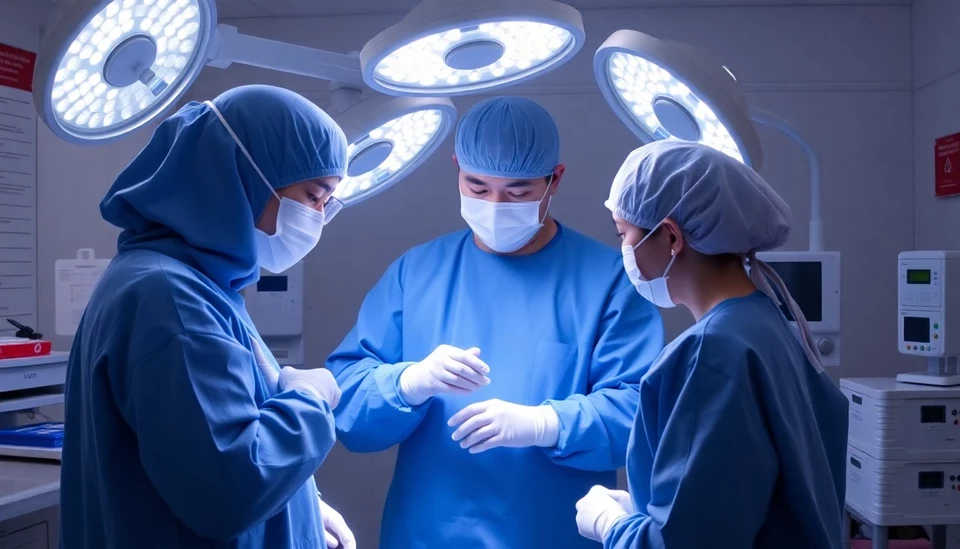
In recent years, South Korea has experienced a staggering increase in demand for plastic surgery, cementing its reputation as a global hub for cosmetic procedures. However, this booming industry is having unintended consequences, notably exacerbating an already critical shortage of healthcare professionals in the country. With more and more individuals seeking aesthetic enhancements, the healthcare system faces growing strains, prompting urgent conversations about the implications for patient care and medical resource allocation.
The surge in popularity of cosmetic procedures can be attributed to several factors, including the rise of K-pop culture, social media influence, and a societal emphasis on beauty standards. South Korea's cosmetic surgery market has evolved rapidly, with the country now ranking among the highest in the world for procedures performed per capita. This has resulted in a flourishing industry that not only attracts local clientele but also sees a significant influx of international patients seeking high-quality surgical options.
Amidst this growth, however, South Korea's healthcare system is experiencing a concerning doctor shortage. Medical professionals, particularly those specializing in general medicine, are increasingly drawn to the lucrative field of aesthetic surgery. This shift has led to fewer doctors available for essential services, parts of which are critical for the general population's health. Many seasoned practitioners find themselves compelled to pursue careers in plastic surgery due to its profitability, which on average can yield far higher earnings compared to traditional medical fields.
Healthcare experts are raising alarms about the potential long-term consequences of this trend. With a greater focus on elective procedures over essential health services, there are fears that patient care quality may diminish. Particularly in rural and underserved communities, the lack of available doctors could have profound effects, leading to longer wait times and reduced access to necessary medical treatments.
Government officials and medical associations are currently engaged in discussions aimed at addressing these challenges. Proposed solutions include incentivizing new graduates to enter general medicine fields, reforming medical school curricula to include more diverse options for residency placements, and potentially regulating the plastic surgery market to ensure a more balanced healthcare landscape.
As the situation evolves, stakeholders remain hopeful that effective strategies can be implemented to mitigate the doctor shortage while still supporting the vibrant plastic surgery industry that has become synonymous with South Korean culture. The balancing act between catering to consumer desires and maintaining a robust healthcare system represents a critical focus for policymakers moving forward.
In conclusion, while South Korea's plastic surgery boom highlights the country's influence in the global beauty industry, it also raises serious questions about the future of medical care. Policymakers, educators, and medical professionals must work collaboratively to ensure that the growth of one sector does not come at the expense of another, safeguarding the health and wellbeing of the population at large.
#PlasticSurgery #Korea #Healthcare #DoctorShortage #CosmeticProcedures #MedicalProfessionals #HealthPolicy
Author: Laura Mitchell




